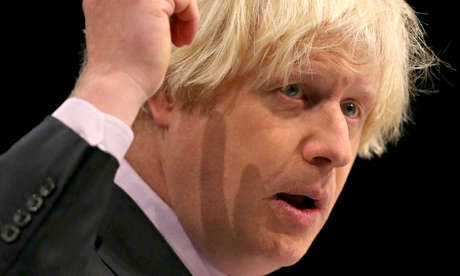
News that a London comprehensive, the Camden School for Girls, is considering ending the provision of A-level Greek is, you might think, pretty small beer in the scheme of things. Only three students, after all, were hoping to take it from September. But it is a symbolic moment: Camden is the last non-selective state school in England to offer the examination. This blow, were it to fall – there is hope that funding will be raised to save Greek at the school – would help calcify it into a toffs’ subject, outmoded as the empire. As rare in state schools as the Sumatran tiger.
Latin is in a shade better nick. State school students who took it at A-level in 2013 numbered 367 (and more than 3,000 took classical civilisation). There are plenty of schools that are enthusiastic about offering classical languages, but funding is squeezed so tight that many can’t – a problem contributing to a general narrowing of the curriculum. The truth is that the ancient languages have few political friends. Michael Gove, when education secretary, gave with one hand, making Latin and Greek part of the EBacc and promoting them as key stage 2 primary languages; but took away with the other by not allowing for the training of enough specialist teachers and cutting funding for A-levels. His successor, Nicky Morgan, is busily promoting Stem (science, technology, engineering and mathematics) subjects above the humanities. Meantime, Labour politicians often regard classical languages as emblematic of the privileged classes (demonic poster boy: the Homer-quoting Boris Johnson). They have forgotten the radical history of thinking with the Greeks: how classicist Karl Marx’s ideas on historical materialism had their roots in his PhD on the ancient atomist Democritus. How George Grote, in the 1820s, forged his campaigning stance on universal suffrage in the crucible of his thinking on ancient Greece. How the suffragettes recited the great speech from Euripides’s Medea, “I would rather die in the battle line three times than give birth once!”
The sadness in all of this is how much appetite there is for thinking with, and thinking about, the ancient Greeks in the wider culture. Britain’s theatres can’t get enough of the Greeks. There are two productions of Antigone in circulation – one starring Juliette Binoche, another reworked by Roy Williams into a contemporary gang-culture setting. Not one but two Oresteias will be staged this year in London – one at the Globe, another at the Almeida, which, under artistic director Rupert Goold, is running an entire Greek season, including Medea and the Bacchae, the latter with the dream casting of Ben Whishaw as Dionysus. BBC4 is broadcasting a Greek season this spring, with Apprentice star and papyrologist Margaret Mountford investigating Sappho. The British Museum this month opens a new exhibition on Greek sculpture, placing the Parthenon sculptures in the context of masterpieces such as the Belvedere Apollo from the Vatican. There is a deep cultural need to test and frame our own times by reference with the strange, and sometimes strangely familiar, world of the Greeks. Access to their language should not be limited to those who can pay for it.

